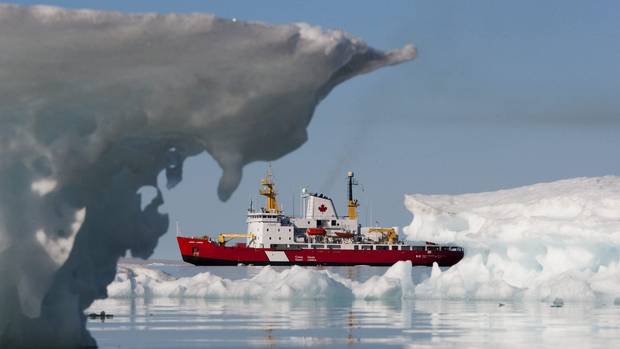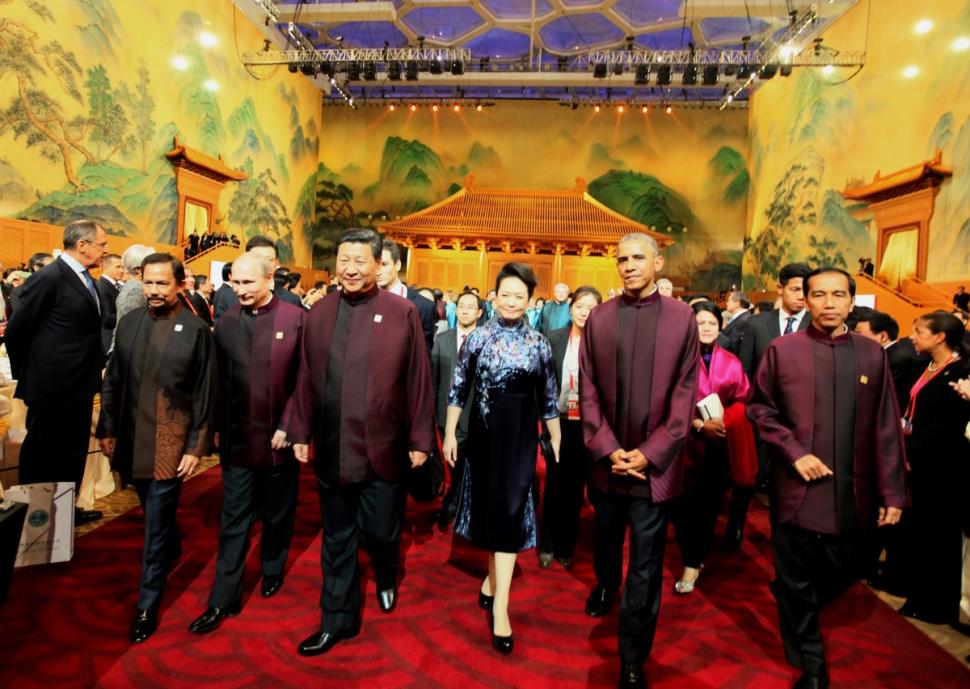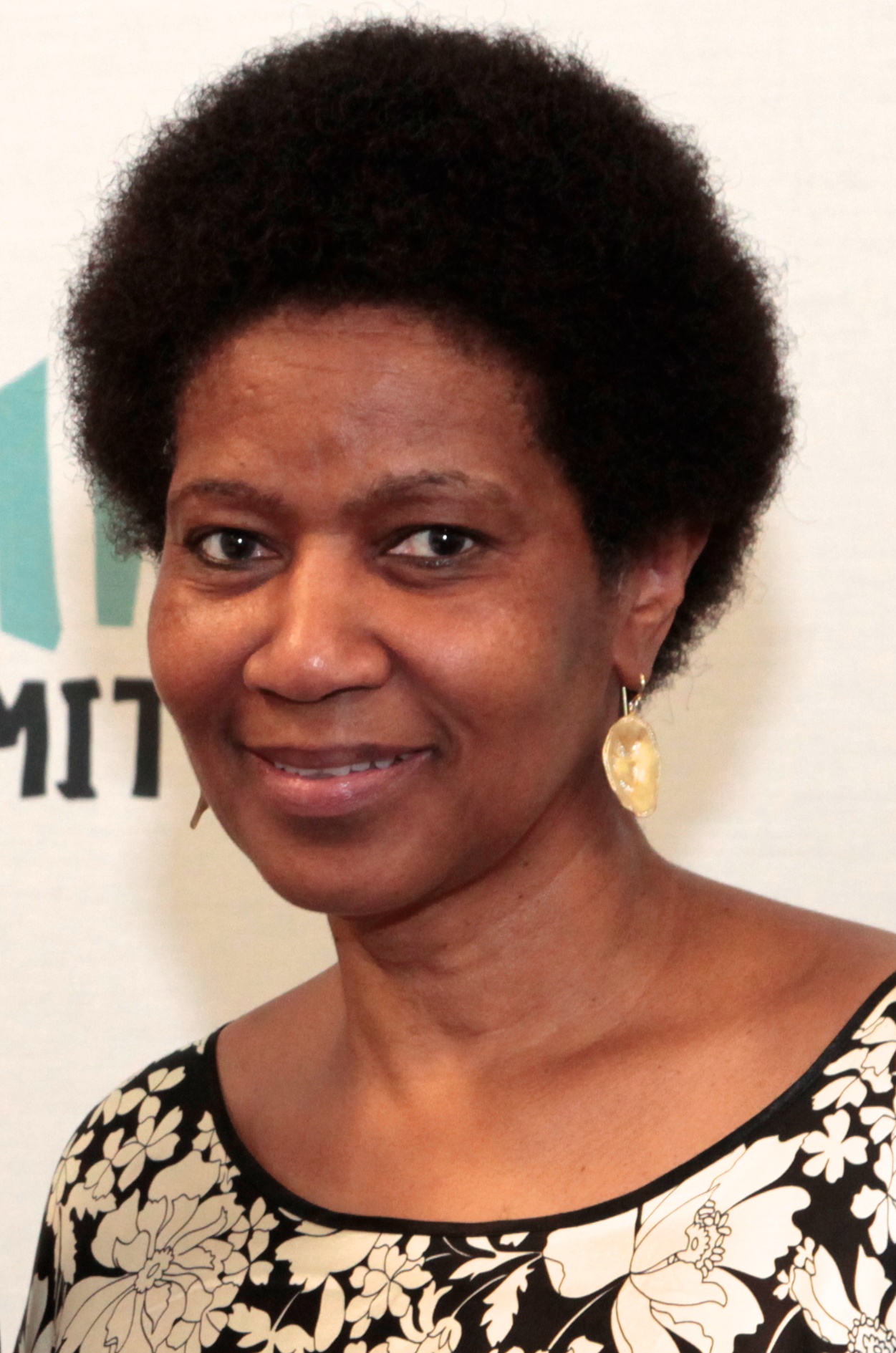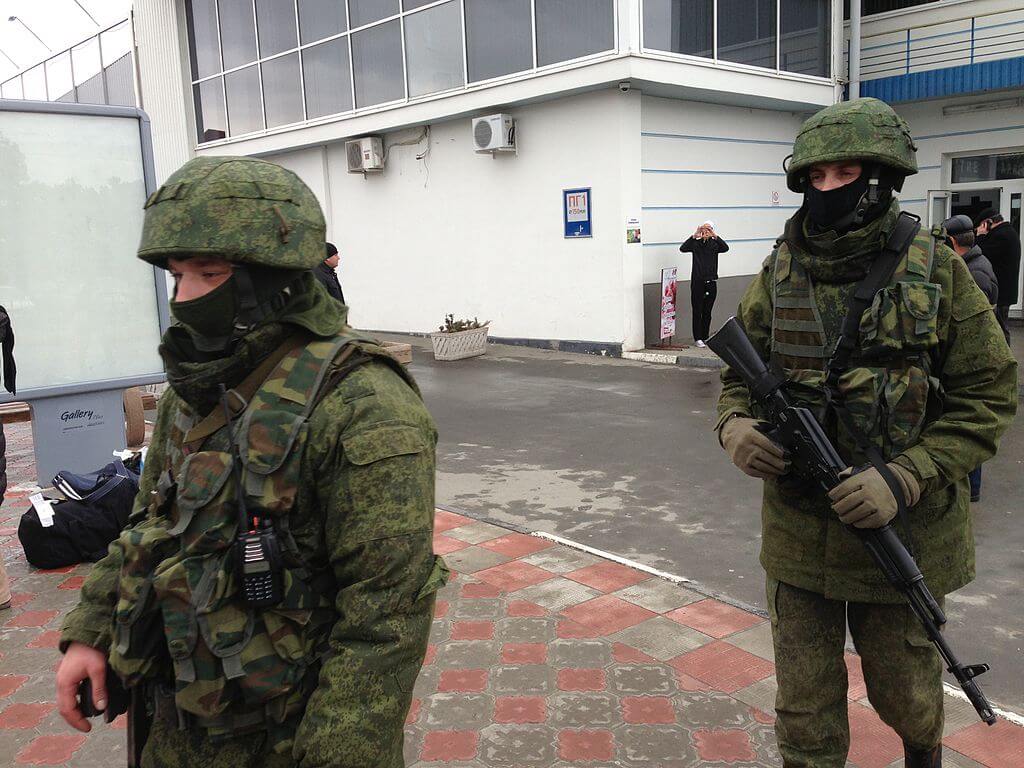The Arctic is melting fast. Underneath the ice, according to a US Geological Survey conducted in 2008, is 13 percent of the world’s untapped oil, 30 percent of the world’s undiscovered natural gas reserves, and substantial deposits of valuable minerals. Additionally, navigable Arctic waters also permit accessible routes that will make international shipping more economically viable. Naturally, these riches and opportunities have not gone unnoticed.
From an international relations perspective, the Arctic has shifted from a regional concern to a global issue. An odd thing happened on the way to Arctic anarchy. Rather than harden positions, the possibility of increased tensions has spurred the countries to work out their differences peacefully, said Scott Borgerson. For example, Canada and Denmark are currently negotiating a division of Hans Island, a tiny and uninhabited piece of land that had been a contentious issue for decades.
In May of this year the ranks of the Arctic Council, a regional intergovernmental organization comprised of several aboriginal groups and the eight nations (Canada, the United States, Russia, Denmark, Finland, Iceland, Norway and Sweden) that touch the Arctic, swelled. Italy, Singapore, China, Japan and South Korea were granted observer status during the Kiruna Ministerial Conference on May 15th.
On June 3rd the new permanent secretariat opened in Tromsø, Norway. The administrative center was established to help manage the increasing workload of the Council. It has moved from spearheading research initiatives and providing policy suggestions towards facilitating legally binding agreements among its members. Taken together, the prestige and influence of the Council is expanding, suggesting that it has the ability to move beyond stewardship and become a policy-making institution.
How Has Canada’s Voice Been Heard?
Nations far from the pole were granted observer status at Kiruna yet the EU’s application was “affirmed” but a final decision on its implementation was deferred. Despite this inconclusive decision, the Council’s response was not too surprising. In 2009 Canada used its veto power to deny the EU observer status because of its import ban on seal products. As an important cultural and economic practice for Canada’s Inuit people, the Canadian government continues to block their admittance as an observer until the issue is resolved. Nevertheless, the EU has been attending meetings as an ad-hoc observer. The EU’s persistent efforts to be accepted are therefore explained by their desire to be recognized as a legitimate Arctic actor. The only thing standing in their way is Canada, the nation that incidentally became the chair of the Arctic Council at Kiruna.
Leadership of the Arctic Council offers Canada the opportunity to shape international Arctic policies and simultaneously establish itself as a dominant power of the Arctic. The theme of Canada’s chairmanship program from 2013 to 2015, “Development for the People of the North,” focuses on responsible Arctic resource development, safe Arctic shipping and sustainable circumpolar communities. In other words, it aims to include the business community in discussing the economic development of the region, set shipping guidelines, and protects and incorporates Northerners’ traditional way of life into the future of the Arctic. Canada is shifting the Council’s attention from predominantly environmental matters to the future economic development of the region and people.
Canada’s ambitions are not demonstrated as blatantly as Russia’s flag planting in Arctic in 2007. Its programs are certainly geared towards supporting national priorities. Canada’s Minister for the Arctic Council, Leona Aglukkaq stated in her speech to the Economic Club of Canada on June 5th, 2013, that Canada would place the well-being and prosperity of people living in the North at the forefront of its Chairmanship. Her declaration that “the North is open for business” also has significant implications for Canadian business community. Industries such as mining, energy, ship-building and air and marine transport will likely be encouraged, perhaps even assisted, in investing and developing their operations in the Arctic. Aglukkaq has set the stage to establish Canada as a dominant actor in Arctic.




